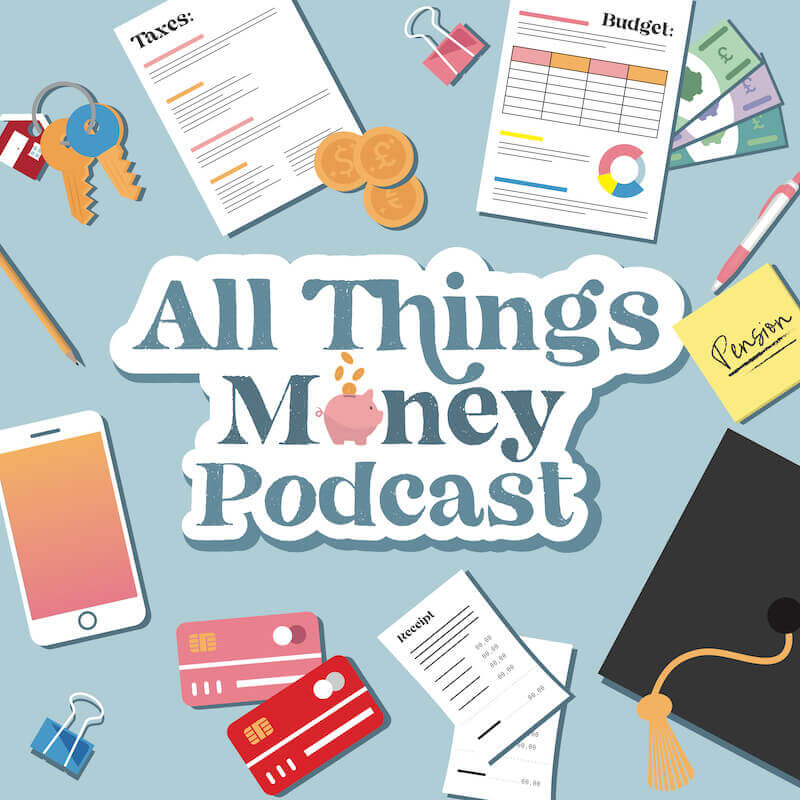Your credit score – that pesky little 3-digit number can affect your ability to get things like credit cards, mortgages or loans. If you weren’t already aware, our credit history contains the number of open accounts you have, your total number of debt, and repayment history. Lenders and banks use credit scores to judge how likely it is that you can repay loans on time.
More serious issues like bankruptcy, IVAs or CCJs sadly can’t be fixed or removed unless they’re a mistake or more than six years old. But, if you’re looking to get your credit score a little healthier, there’s a few quick things you can do to help.
Once you know where you’re at, you can then make a plan to improve. It might not even be as bad as you think, but you’ll need to face it head-on.
Your credit report is put together by independent companies known as credit reference agencies. In the UK, there’s three main ones: Equifax, Experian, and TransUnion. These agencies have access to your financial and credit history, and that’s how they put together your report.
You can use any of these to get a copy of your credit report, but they all do things slightly differently, so your score will differ slightly depending on which one you check.
Have a look at your report in detail and check if everything looks right. It’s possible for errors and mistakes to be made, so if something seems off then it’s worth investigating. If you spot a mistake, like a late or missed payment that you’re sure you made on time, contact the company that’s billed you incorrectly to put it right.
It’s easy to forget that financial links to other people stay on our credit file unless we remove them. If you’ve struggled to get credit in the past, check if you still have any accounts with other people. Things such as a joint credit card with an ex or a utility bill with an old flatmate will all stay on your file unless you close the account.
If you’re still linked to someone and they have bad credit, it could be hurting your score too. And even if they have good credit now, you still risk your score if they miss payments in the future. So remove any accounts you no longer need.
Sounds odd, but not registering to vote can affect your credit score. Being registered makes it easier for lenders to prove your identity and your current address. So double check you’re registered under the correct info, and it’ll work quickly to give your score a bit of a lift.

If you’re paying any household bills but your name isn’t on the account, it won’t be counting towards your credit score. So if you’re paying them on time, this good behaviour will go unnoticed!
Even if you live with multiple people, you can all be named on the bills. It’s fairly easy to do, just talk to whoever’s named on the bills at the moment and ask them to get you included.
Avoid making lots of credit applications in a short space of time. When you apply for credit, lenders will carry out what is known as a ‘hard search’ on your credit history which is then noted in your report.
A hard search is when a lender looks in detail at your credit score and file. A hard search stays on your credit file for 12 months, so if you have a number of these hard searches in a short space of time, it can appear to lenders that you’re trying to borrow lots of money, and suggests you might struggle to manage your finances. So if you need to take out credit of any kind, just consider how many applications you’re making.
It’s important to remember that credit scores aren’t fixed. They change over time. And these tips are just a few easy ways you can boost your score yourself. As long as you keep up good habits and make all your payments on time, your score will eventually improve. Most credit issues stay on your file for six years before they’re deleted, so nothing’s forever!
This article was kindly written by Satnam, a Mortgage Expert at Haysto – an online mortgage broker that specialises in mortgages for people who don’t fit the traditional mould – such as those with bad credit.

The All Things Money Podcast is a personal finance podcast designed to help kickstart your personal finance journey.
Join me for light-hearted and chatty conversations as I cover a wide range of personal finance topics we weren’t taught at school from budgeting, saving, investing and everything in between!